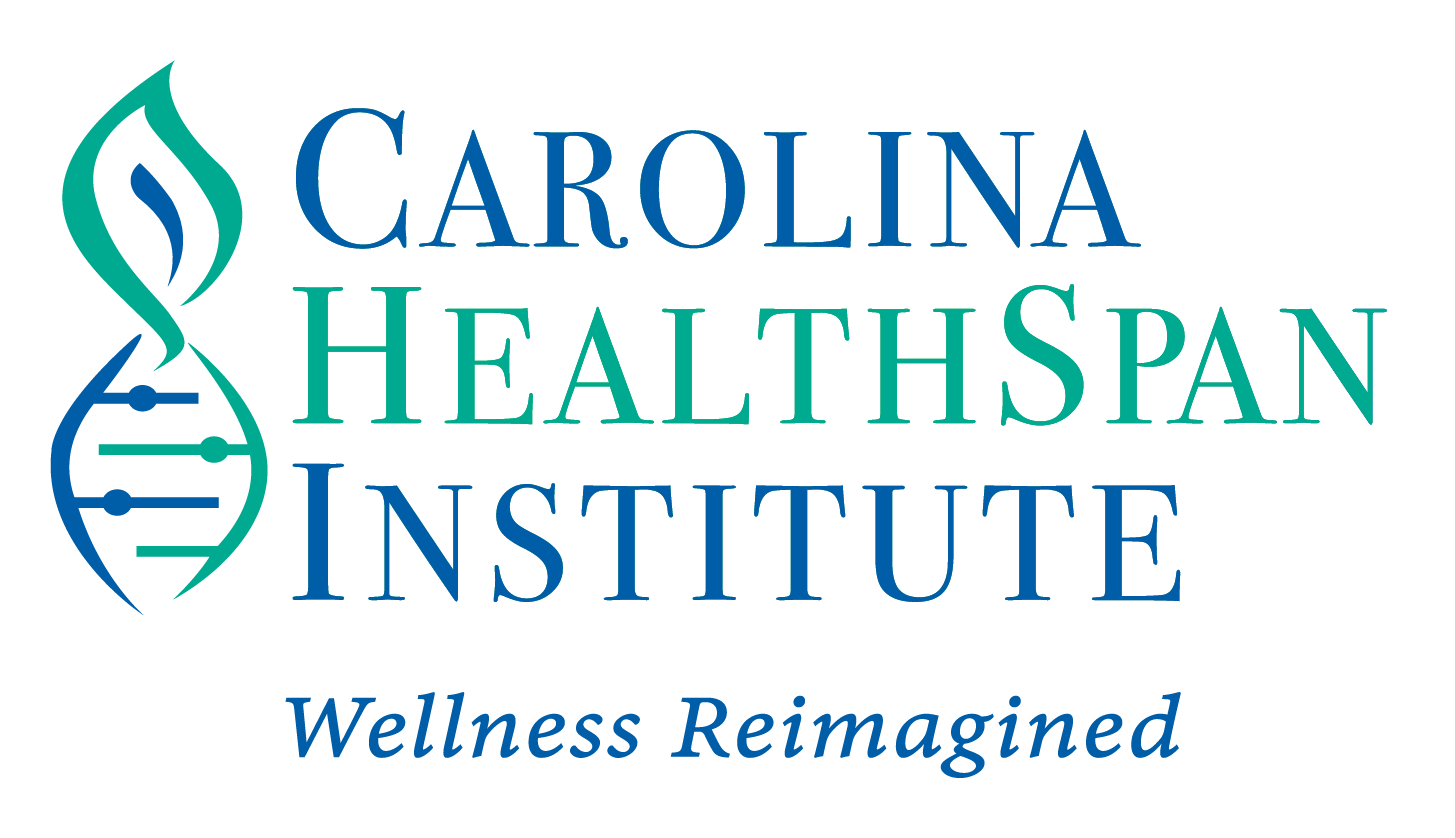Eating local, in season vegetables is ideal. Fall vegetables are filled with delicious flavors, many nutrients, and are an excellent source of vitamins.
Broccoli is an excellent source of vitamins C, K and A, folate and fiber.
Like most of its Brassica relatives, cabbage is full of health benefits. Rich in vitamin C and fiber, it also supplies isothiocyanates—chemicals that amp up the body’s natural detoxification systems. Studies suggest that cabbage may help fight breast, lung, colon and other types of cancer.
Chard abounds in phytochemicals that have been shown to help prevent various types of cancers, maintain healthy eyes and may even protect the heart. As for essential nutrients, a 1/2-cup serving of cooked chard provides over 300 percent of the daily value of vitamin K (see our article about vitamin K) and 100 percent daily value of vitamin A. It is also a good source of vitamin C, magnesium and potassium.
All mushrooms contain nutrients like potassium, copper, niacin and selenium. Research suggests that white button mushrooms seem to have as many antioxidant properties as (and in some cases more than) other mushrooms.
Lastly, winter squashes are plentiful and abundant this time of year. Spaghetti squash can be used in the place of spaghetti and tastes amazing! Squashes can be made into soups, side dishes, as a replacement for noodles, and even stuffed with grains, meats and other vegetables. One cup of cooked winter squash is high in both vitamin A (214 percent of the recommended daily value) and vitamin C (33 percent), as well as a good source of vitamins B6 and K, potassium and folate.
